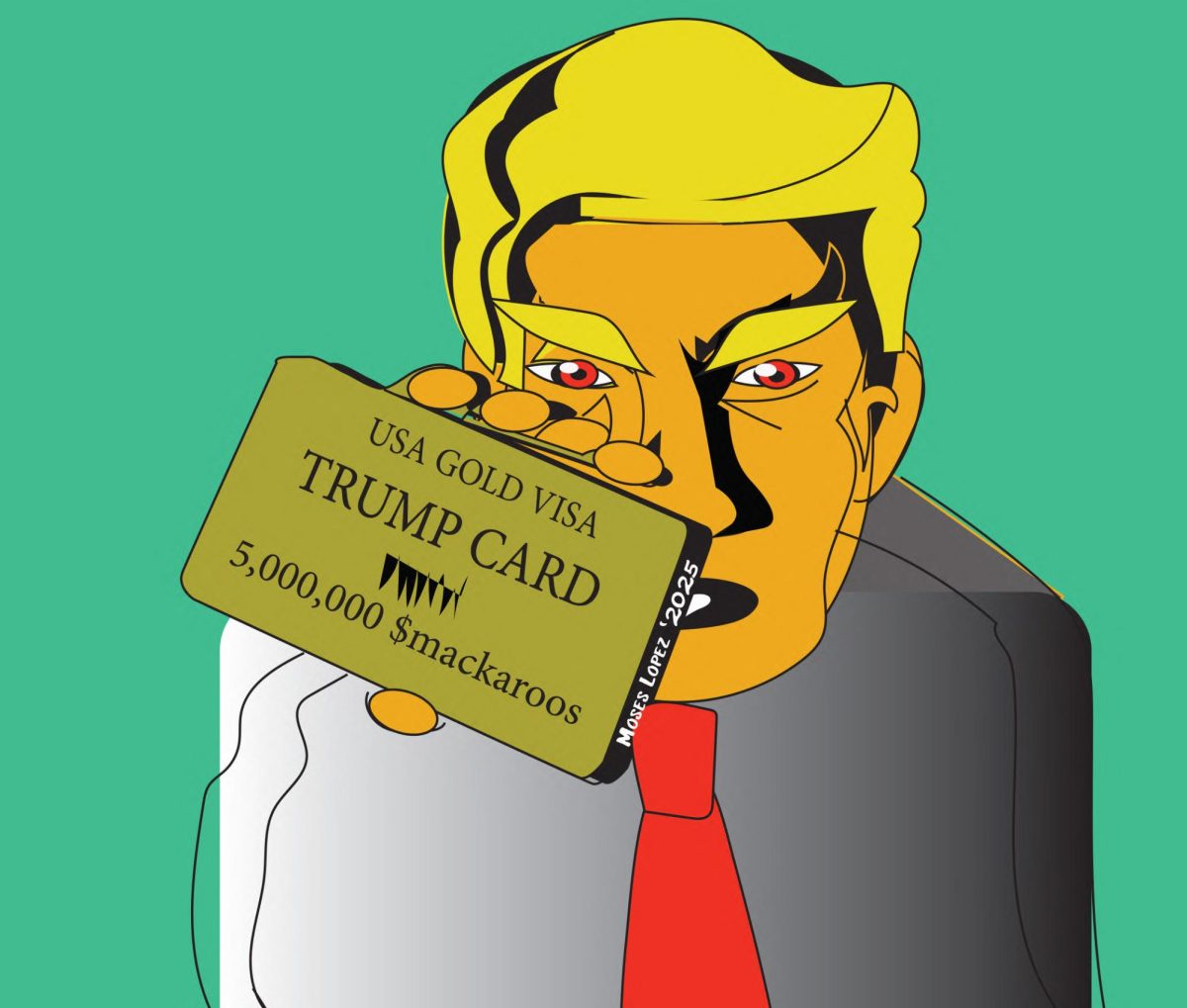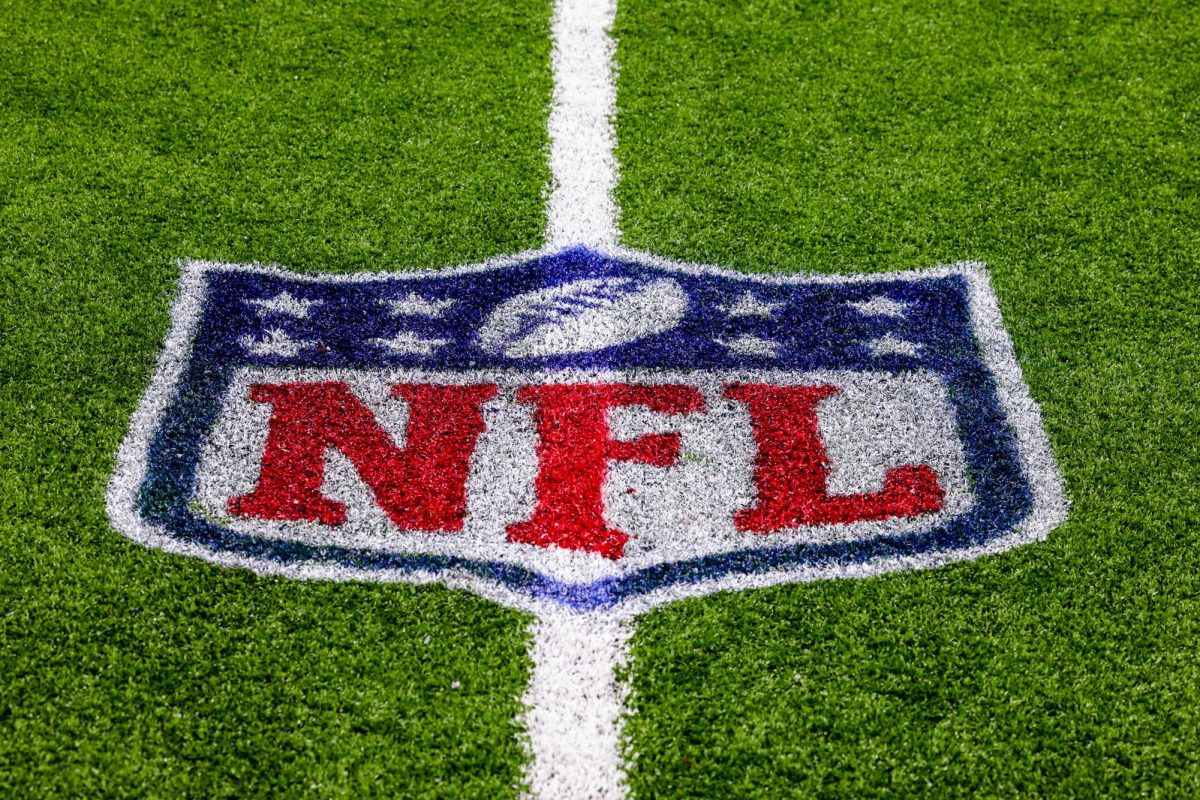Amongst one of the largest economic downfalls that the United States has seen since the Great Depression, there is plenty of speculation and wide spread support for the legalization of marijuana. Many of which can be suspect at best.
Perhaps on the largest arguments is how could the government overlooks marijuana as a capitalist source of income during these troubling times.
In a study done by Harvard professors, it is estimated that the legalization of marijuana would save taxpayers $10-14 billion each year.
Many top U.S economists, including Milton Friedman, also endorsed this conclusion.
While there is no doubt that the legalization of marijuana would be an immediate solution to a lot of the countries’ financial hardships, but how would it affect the country in the long run?
Furthermore when do you start compromising one’s well-being for financial gain?
During the Great Depression, it was Franklin Delano Roosevelt that went on record as saying, “I think this would be a good time for beer.”
Of course, referring to his first seven days of his first term that managed to pass a bill that in-turn legalized beer.
In the consequential two days, brewing companies in Milwaukee hired more than 600 workers, paid more than $10 million in taxes and contributed more than $12 million for delivery trucks to deliver the products and distributors, to once again, “start the flow,” spent countless millions.
With facts like these, it is easy to jump on the bandwagon and support the legalization of marijuana.
However, what we do not see from facts are the underlined effects on a society when a new legal substance is introduced. I am by no means saying that weed is a new drug. The point that I am trying to make is that marijuana’s legalization would lead to things that we’ve as a society have never seen before.
Almost immediately, you would see the instant effects with marijuana bars, marijuana stores, marijuana advertisements and yet more and more people driving under the influence coming to and from these establishments.
With intoxicated automobile accidents already at a record high, it seems legalization of yet another source of inebriation is, for lack of a better word, ridiculous.
In 2007, there were approximately 782,000 arrests for marijuana possession.
While this number would undoubtedly diminish, think of the effects on the horde of underground dealers and suppliers who would in turn have to move onto other means of financial stabability.
This could mean increased cocaine, crystal meth and perhaps even gun sales right in your own backyard.
While there are many different factors that come into play when it comes to the legalization there one incontrovertible fact, marijuana is a drug, regardless of any excuses people make for it.
So for those who look at the past and Roosevelt’s actions in 1933 and try to make a connection with the marijuana debates of the 21st century, I ask one question. Do two wrongs make a right?








